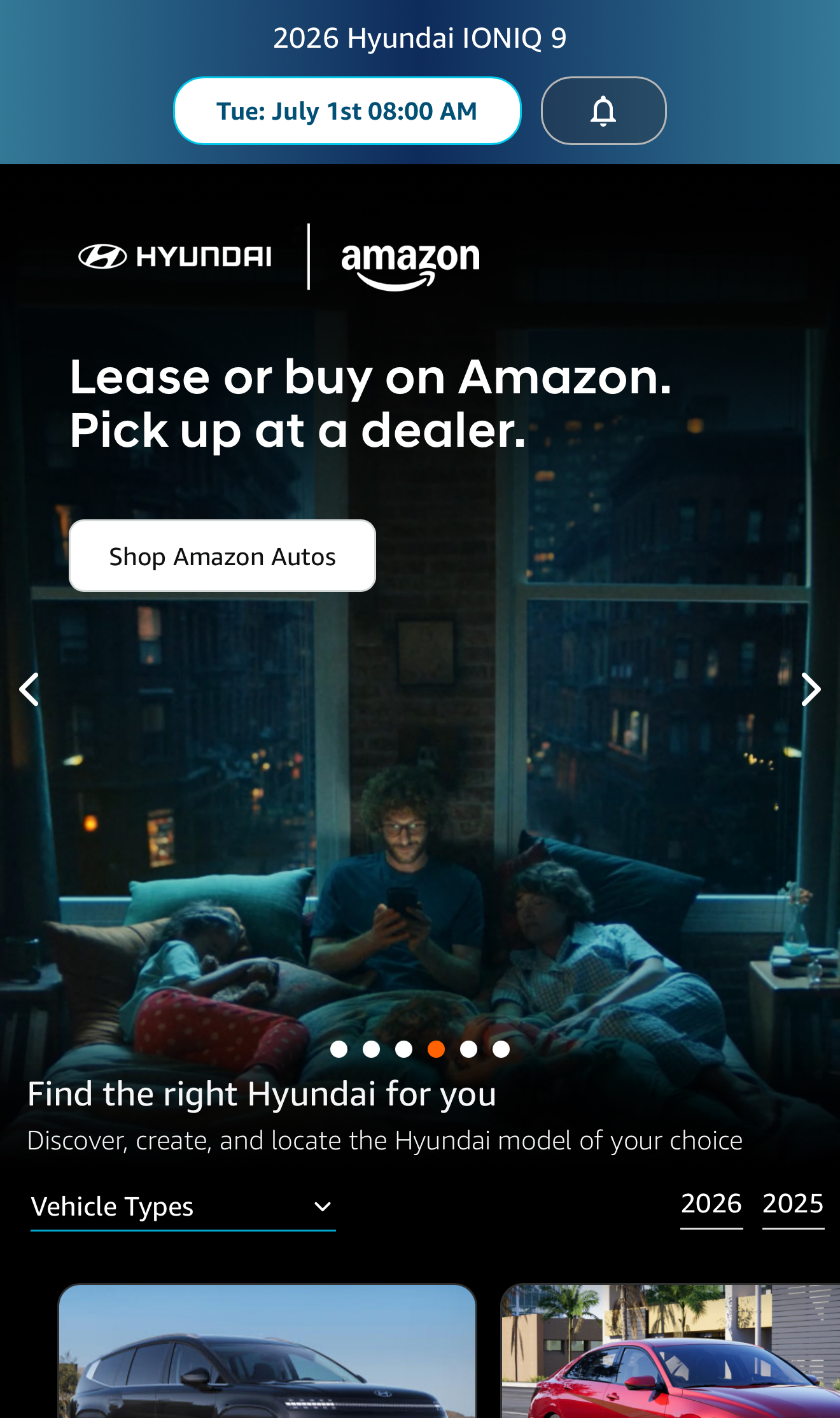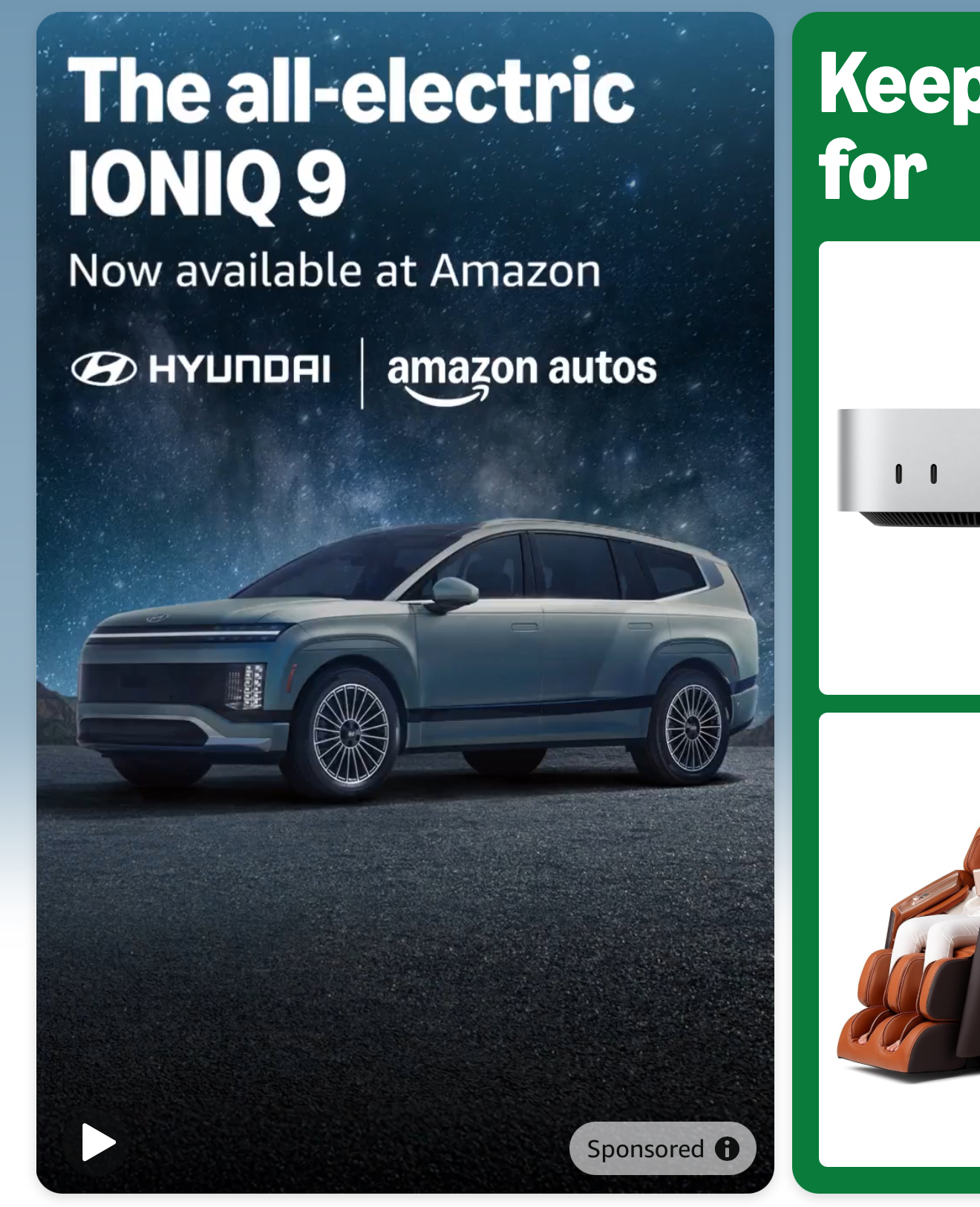Picture this: you’re on Amazon, tossing a new coffee maker and some books into your cart, then spotting a car for sale. Hyundai is making this reality, partnering with Amazon to sell vehicles online, including the 2026 Hyundai IONIQ 9, a three-row electric SUV starting at $60,555. This bold move prompts a question: Would you ever buy a car on Amazon? Let’s dive into this new sales model and the shifting EV landscape.
Hyundai’s Amazon venture, launched in 2024 across 48 U.S. cities, streamlines car buying. Customers can browse Hyundai models, customize the IONIQ 9, and work with a local dealership to finalize the purchase and delivery. It’s as straightforward as ordering a gadget, blending online convenience with traditional dealership logistics. But does clicking “Buy Now” for a vehicle feel practical, or is it too detached from the test-drive experience?
The IONIQ 9 enters a complex EV market. While Tesla continues to dominate electric vehicle sales, overall EV demand has slowed significantly in 2025. Posts on X highlight consumer hesitancy, citing high costs, charging infrastructure gaps, and range anxiety. Compounding this, federal EV tax credits, like the $7,500 rebate the IONIQ 9 qualifies for, are phasing out. The credit, which could lower the IONIQ 9’s price to $53,055, is set to expire for many models as government incentives wane, potentially deterring buyers. Unlike Tesla, which thrives on brand loyalty, other automakers like Hyundai face headwinds in pushing EVs amid this slowdown.


Hyundai’s Amazon strategy bets on digital convenience to counter these challenges. The platform’s familiarity could attract younger buyers comfortable with online purchases, but skepticism persists. Can you commit to a car without kicking the tires? Some may embrace the efficiency, while others crave the in-person negotiation and drive.
So, would you buy a car on Amazon? Does the IONIQ 9’s availability there spark interest, or does the cooling EV market and fading rebates give you pause? As Hyundai tests this digital frontier, the future of car buying—and EVs—remains uncertain. What’s your take: would you add a car to your Amazon cart, or stick to the dealership lot?